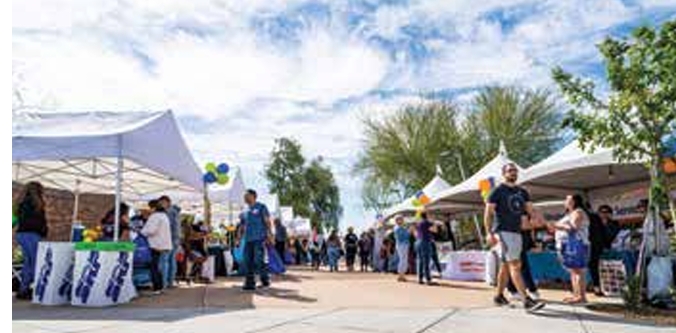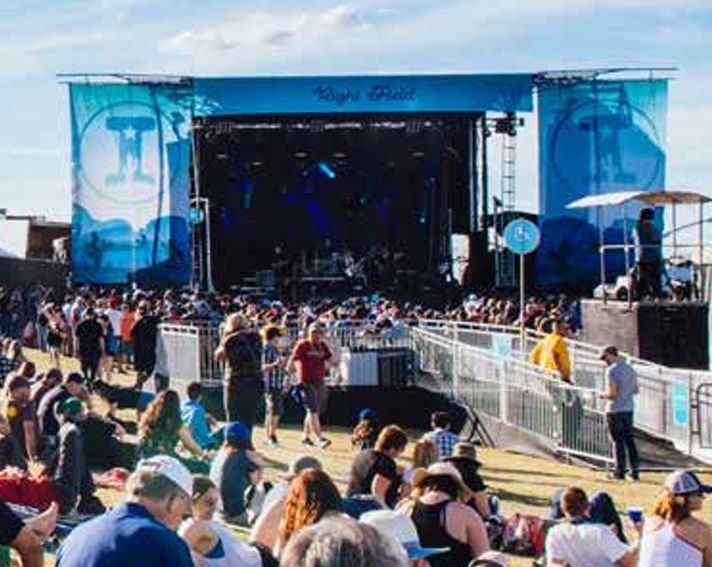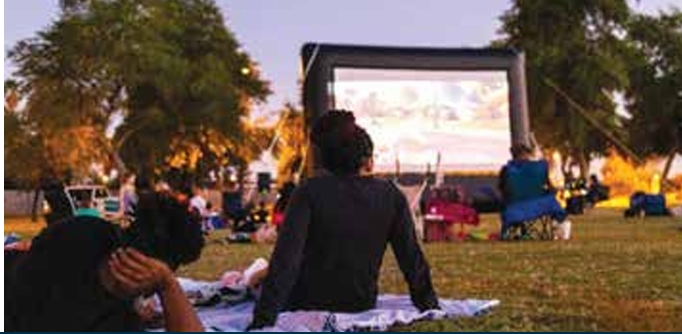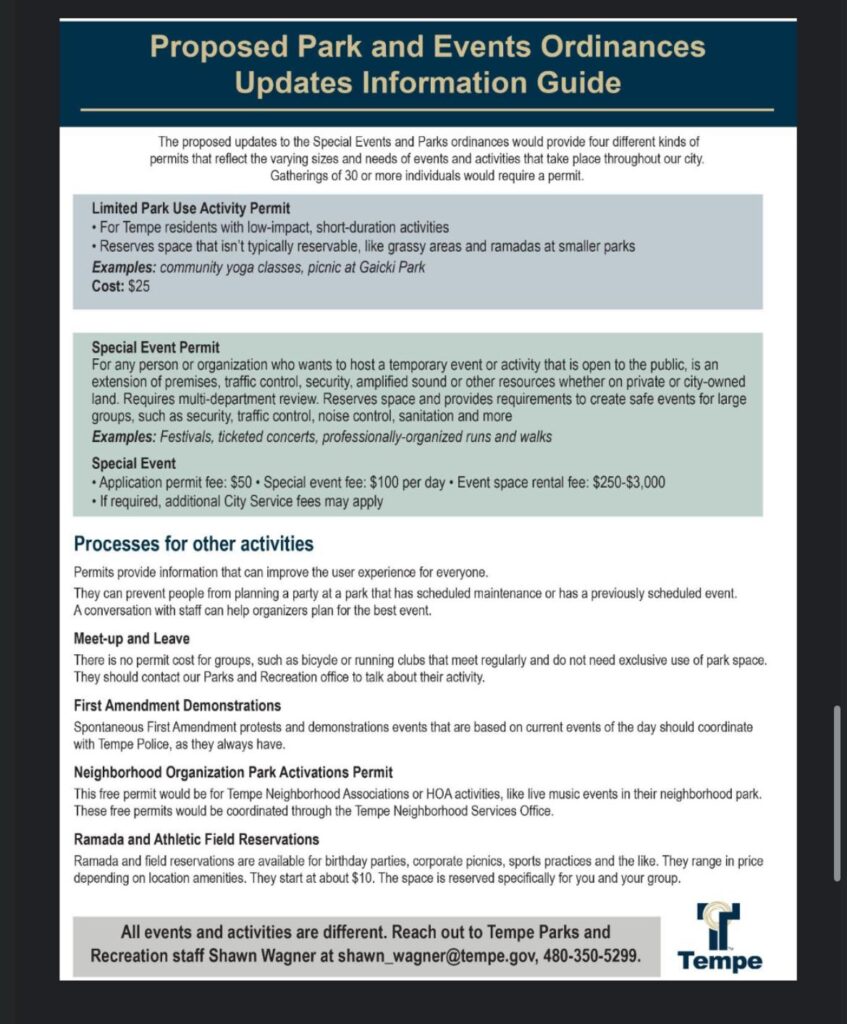
FAQ
Advocating for Open Use of Public Areas
Find clear, concise answers to key questions about your rights and public space use.
Why does Sharing Food Matter?
Sharing food fosters community and helps those in need without legal barriers.
Are there legal risks involved in sharing food publicly?
See below. The New Deal Meal is in Tempe and designed to comply with their special event ordinance. However, the city council is scheduled to vote on July 1 on an amended ordinance that would likely be used to make the actions of New Deal Meal illegal–or cost prohibititve.
How can I support the cause?
You can join our efforts through financial donations, volunteering or assisting with the political effort to protect the right to share food in public spaces. Please reach out to MakeDemocracyWork@gmail.com.
Who benefits from this advocacy?
Everyone, including housed and unhoused community members, gains freedom in public spaces.
Special Event Current and Proposed



The pictures above are taken from the 2024 Tempe Special Event Brochure. A special event needs to be public (the New Deal Meal does not advertise details on when it occurs). Or a special event needs to rely on extensive use of a park beyond its normal use. The New Deal Meal does clean up afterwards to make sure city resources beyond normal use are not required.
Proposed Tempe Special Event Ordinance
The proposed special event ordinance was formally introduced for a first hearing on Tuesday, June 5, 2025. It will have a second public hearing and likely council vote on Tuesday, July 1, 2025. It has a number of details that can be found in full here. Key provisions are listed below. The intension is to use a blunt instrument (as it would impact many other users of city parks) to make the activities of the New Deal Meal illegal. As applying for a Special Event permit–since the New Deal Meal serves more than 30 people (usually 60 to 80 over a couple hours) and relies fully on donations and volunteers and has no capacity to pay fees that could approach $500 per week–assuming the city would even allow it each week under the new rules. Meanwhile, the lives of members would be at risk–as they would be denied access to water, community and food during the stressful summer months. Contact Tempe Council members at councilcommunicator@tempe.gov. Comment cards (it’s agenda item 8C7) https://www.tempe.gov/government/city-clerk-s-office/city-council-online-meeting-comment-card
- Makes any activity with at least 30 people in a city park require a special event permit.
- Redefines open to the public in a broader manner.
- Requires special event permit for each and every occasion, filed 60 days in advance.
- Gives the City Manager or her designee discretion as to how frequently a permit can be received for a given activity.
- Applicants besides giving 60 days notice, need to pay an application and other fees that are nonrefundable that would often total about $500 for each permit–and get liability insurance, even when it’s an informal community group, such as the New Deal Meal.
Other Pemit Exceptions Purely at the City’s Discretion
The ordinance makes clear and in city code what a special event is. The ordinance creates a discretionary carve out: “OR ANY OTHER VALID PERMIT FROM A CITY DEPARTMENT AUTHORIZING LIMITED USE OF CITY PROPERTY, IS NOT REQUIRED TO OBTAIN A SPECIAL EVENT PERMIT PURSUANT TO THIS SECTION UNLESS EXPRESSLY REQUIRED IN SUCH PERMIT.”
The city has disseminated what these alternative permits would be–though since these alternative permits are not part of the ordinance they could be changed–and details related to receiving these permits are also at the city’s discretion. So effectively, it takes current free uses of parks and creates a bureaucratic hurdle so the city can shut down or limit any activity it so desires. In additon, it would now require permits for areas that are first come first serve–those permit costs are in some cases higher than the costs for reservable areas.
Keep in mind that reservable areas are because they are higher demand. The first come first serve ones are lower demand, so the added management was not needed. And reservations are a simpler process than permits. Why would you make it harder to use a low demand area than a high demand one?
In additon, the ordinance provides a myriad of means to shut down any activity involving 30 or more people that it wishes to–especially if it relates to ones which bring housed and unhoused people together in community.
The faith community and those who work with the unhoused were NEVER consulted during the drafting of the ordinance–even though they have tried since September 2024 to come to a resolution. The city instead came up with this proposal.
Below is the new proposed exceptions to the Special Event ordinance (unless changed–as the exceptions are fully at the discretion of the city). The city council is not voting on the document below. The city council is voting on the new proposed special event ordinance which permits carve outs–but greatly expands the number of permit-required activities.

Championing Freedom to Share Food in Public Spaces
Our platform advances the belief that all community members, regardless of housing status, deserve the right to gather and share food in public without fear of legal penalties. We focus on promoting dignity, inclusion, and the removal of unjust barriers that hinder communal support and open public engagement.
Championing Freedom to Share Food in Public
Join our movement to protect everyone’s right to use public spaces freely. Discover how you can support change, stay informed through our blog, and connect with a community committed to ending food-sharing restrictions.
